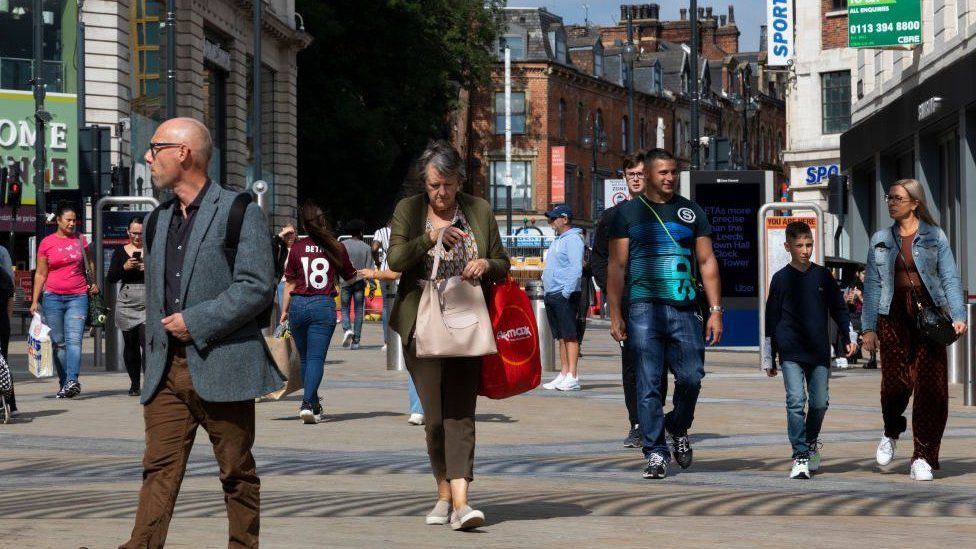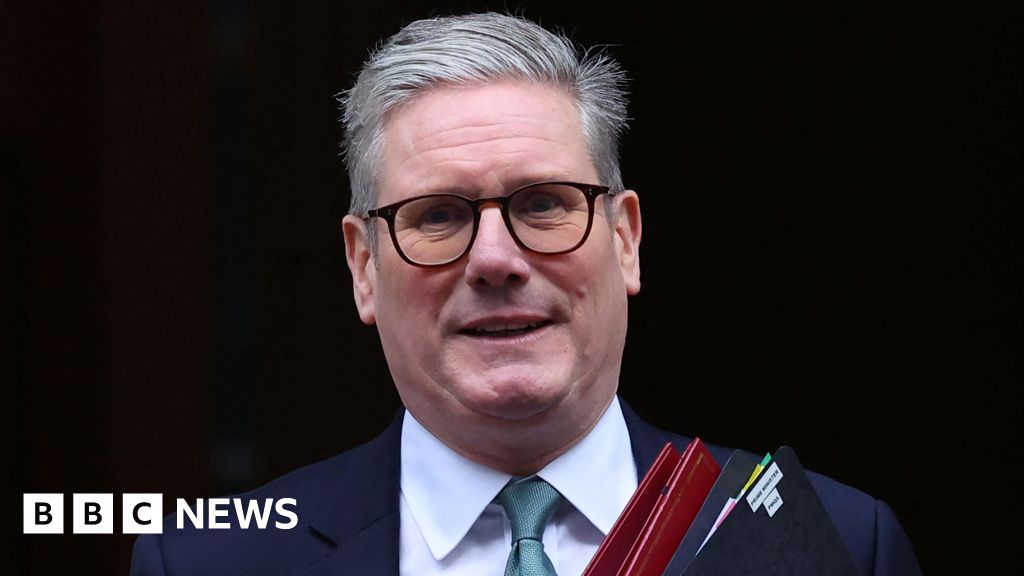ARTICLE AD BOX
 Image source, Getty Images
Image source, Getty Images
By Reality Check team
BBC News
Dozens of schemes across the UK have been awarded funding as part of the the government's "levelling up" project. Prime Minister Rishi Sunak says its aim is "to create jobs, drive growth, and make sure that people feel enormous pride in the places that they call home".
But critics say it doesn't make up for the big cuts in local council funding under the Conservatives.
Who has received funding?
The Levelling Up Fund awarded £1.7bn to projects in October 2021 and another £2.1bn in January 2023.
The North West of England got the most money in both rounds of funding.
In the latest round, the South East came second, prompting questions about why it was benefitting.
The government has highlighted funding per head of the population. If you look at the funding awards this way, the North of England clearly does better than the South of England.
On this measure, Wales comes out on top followed by the North West and North East of England.
London and the South of England come at the bottom of the league, with Yorkshire and the Humber also faring badly in the second round.
How fair is the process?
Areas were invited to bid for investment in transport, cultural and town centre and regeneration projects.
Local MPs were allowed to give their formal support to two bids before the proposals were judged by officials from the Treasury, Levelling Up Department and Department for Transport.
Assessing how fair this is, is not straightforward. Some projects - such as transport for example - may spread across several constituencies, represented by MPs from different parties.
For the projects that can be allocated to a single party, we can say that more money was allocated to Conservative constituencies than to Labour ones. But of course, there are significantly more Conservative ones.
BBC analysis of the latest round of funding found:
- 52% of successful bids that can be allocated to a party were in Conservative constituencies - the Conservatives won 56% of seats in the Commons in 2019
- 24% of them were in Labour areas - Labour won 31% of the seats
- Projects in Tory constituencies were awarded a total of £1.21bn, compared with £471m in Labour ones.
- There was one successful bid in a Lib Dem constituency, seven for the SNP, five for the DUP, three for Sinn Fein, and one for the Alliance Party.
Areas have also been competing for money under the government's Towns Fund. In that contest, of the 56 constituencies that won, 47 had Conservative MPs.
What have critics said?
Labour said the money awarded was dwarfed by the cuts to local authority funding since 2010, with Alex Norris telling MPs: "the government have nicked a tenner from our wallets and expect us to be grateful for getting less than two quid back."
The Institute for Fiscal Studies found that between 2009-10 and 2019-20, English councils' non-education funding per resident had fallen by almost a quarter, after adjusting for rising prices.
The Institute for Government found that councils in the most deprived areas had been worst hit because they were the most reliant on central government funding.
Andy Street, the Conservative mayor of the West Midlands criticised the Levelling Up funding process as being part of Whitehall's "broken begging bowl culture".
He suggested the money would have been allocated better by local decision-makers than civil servants in London.
Have some places been left behind?
When he was chancellor, Rishi Sunak made changes to the way government funding for projects is allocated to resolve an anti-northern spending bias.
It was because the traditional model of comparing the benefits of a project to its cost made it easier to allocate funding to places with high population density and high property prices, such as South East England.
Research from the Institute for Fiscal Studies (IFS) found that: "On a wide variety of measures, regional disparities in the UK are greater than in most comparable countries."
Many organisations have put forward suggestions of things that need to be addressed such as employment rates, pay, health and formal education, but there seems to be fairly broad agreement that one of the central issues is the differences in productivity between regions - that's the amount of value created (GVA) per hour worked.
One of the factors cited as having caused this productivity gap is that government and universities spend more on research and development in the south-east of England.
The government proposes to increase public investment in research and development outside the South East of England by 40%, by 2030.
In its 2019 manifesto, the Conservative Party said it would be "levelling up every part of the UK".
In its White Paper in February 2022, the government laid out its 12 "levelling up missions" although there was limited funding to achieve them.
Image source, Getty Images
Image caption,Some government departments will have a new hub in Darlington
What is the government looking at apart from funding?
- Having 22,000 civil servants based outside London by the end of the decade, with a target for 25% of roles to be outside London by 2025
- The government wants to level up skills with an extra £126m announced in March 2021 to fund work placements and training for 16 to 24-year-olds in England
- Eight freeports have been set up in England, with two planned in Scotland and one more in Wales.

 1 year ago
39
1 year ago
39












 English (US)
English (US)